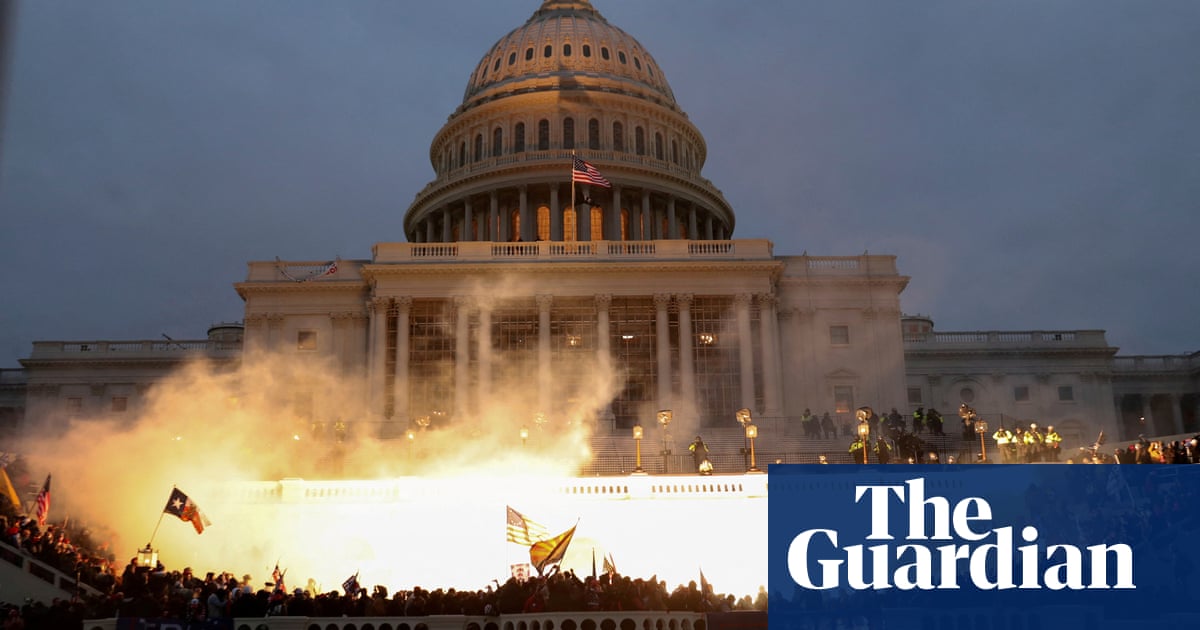Measurable in Trump supporters, psycho-social phenomenon can have consequences for democracy, authors say
Political observers are quick to blame hyperpartisanship and political polarization for leading more than 2,000 supporters of Donald Trump to riot at the US Capitol on 6 January 2021.
But according to a recently published study, “racial resentment” – not just partisanship – explains the violence that broke out after the 2020 election.
Angered over the claim, promoted by Trump and his closest allies, that heavily Black cities had rigged the 2020 election in favor of Democrats, white voters – some affiliated with white-nationalist groups and militias, and others acting alone – stormed the US capitol in an attempt to halt the certification of the 2020 election.
“What Trump and Republicans did was they tried to make the point that something nefarious was going on in areas that were primarily African American,” said David Wilson, dean of the Goldman School of Public Policy at the University of California, Berkeley, who published the study with Darren Davis, a professor of political science at Notre Dame.



.